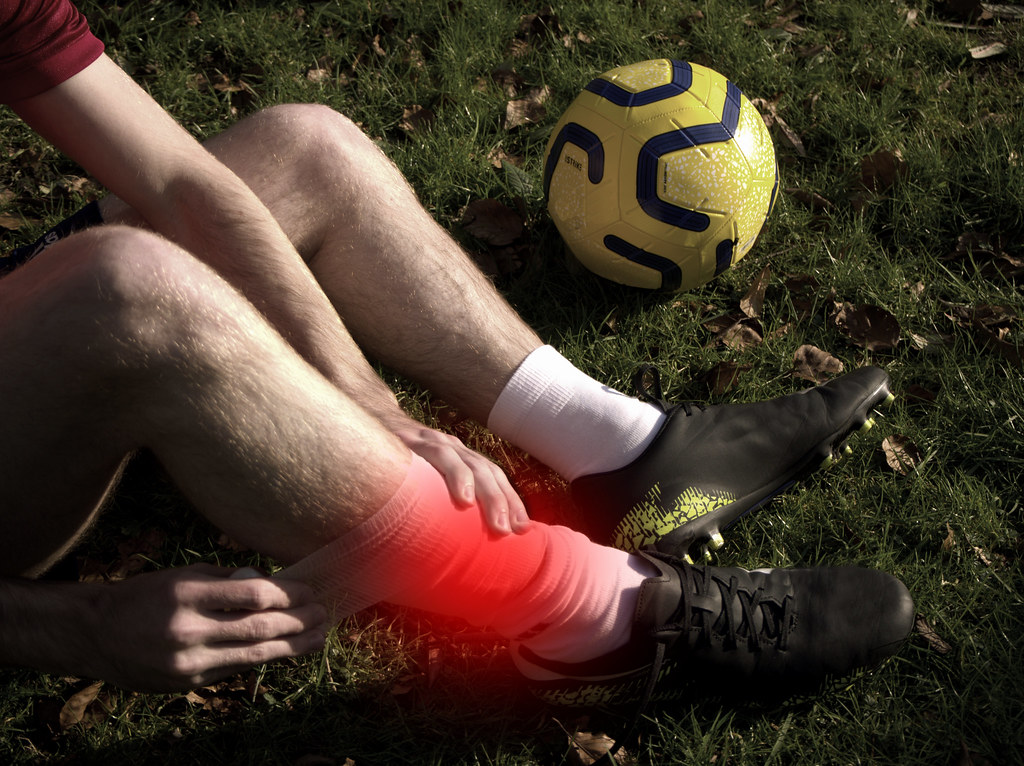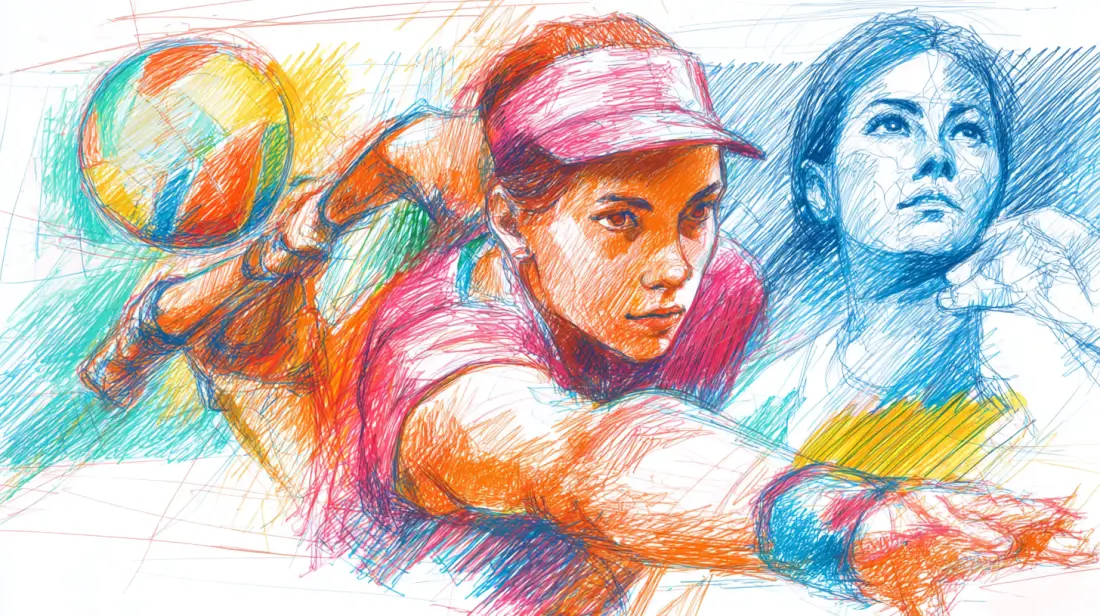Returning to sport after a serious injury can be a daunting and challenging journey for athletes. The physical, emotional, and mental obstacles can feel overwhelming especially if you have to claim for a serious injury. However, with the right approach and support, athletes can regain their strength and resume their beloved sport.
This article provides valuable insights and guidance for athletes who are on the path to returning to sport after a serious injury, highlighting the common challenges they may face and offering practical tips to ensure a successful and safe transition back to the game they love.
Challenges in Recovery
Recovering from a serious injury poses several challenges that athletes must overcome to resume their sport fully. These challenges include:
Physical Rehabilitation
The road to recovery often involves extensive physical rehabilitation to rebuild strength, mobility, and endurance. Athletes may need to engage in specialised exercises, undergo physiotherapy, and follow a structured rehabilitation program tailored to their specific injury. Patience, consistency, and adherence to the rehabilitation process are crucial during this phase.
Psychological and Emotional Impact
Serious injuries can take a toll on an athlete’s mental well-being. Feelings of frustration, anxiety, and fear of re-injury are common. Overcoming these emotional challenges requires a positive mindset, resilience, and the support of sports psychologists or counsellors who can provide strategies to cope with the psychological aspects of recovery.
Loss of Skill and Performance
After a prolonged absence from their sport, athletes may experience a decline in skills and performance levels. The process of regaining their former level of proficiency requires patience and a gradual approach to avoid pushing too hard and risking setbacks. Focusing on skill-specific drills, working closely with coaches, and gradually reintroducing game scenarios can aid in skill reacquisition.
Gradual Return to Sport
To ensure a safe and successful return to sport, athletes should follow a structured and gradual approach:
Seek Professional Guidance
Consulting with medical professionals, sports physicians, and physiotherapists who specialise in sports injuries is essential. They can assess the athlete’s condition, guide the rehabilitation process, and provide expert advice on the appropriate timeline for returning to specific sporting activities.
Understand the Rehabilitation Process
Athletes should have a clear understanding of their rehabilitation program, including the purpose of each exercise, expected milestones, and potential challenges along the way. Open communication with healthcare professionals will help athletes stay informed and actively participate in their recovery journey.
Build Strength and Flexibility
Strengthening the injured area and surrounding muscles is crucial for preventing future injuries. Gradually increasing the intensity and complexity of exercises, under professional supervision, will aid in rebuilding strength and enhancing flexibility.
Importance of Injury Prevention and Support
Returning to sport after a serious injury emphasises the importance of injury prevention and ongoing support. Should you rush back in eagerness to play, there is a high chance you will experience further problems and setbacks. This is the reason why it is important to consider prevention and support.
Further Injury Prevention
Athletes must prioritise injury prevention strategies to minimise the risk of re-injury. This includes proper warm-up and cool-down routines, maintaining overall fitness, using appropriate protective gear, and listening to their body’s signals to avoid overexertion.
Seeking Support
Athletes should seek ongoing support from sports medicine professionals, physiotherapists, coaches, and fellow athletes who can provide guidance, motivation, and encouragement throughout the recovery and return-to-sport process. Joining support groups or online communities of athletes who have undergone similar experiences can also be beneficial.
Claim for a Serious Injury
In cases where the injury occurred due to negligence or fault of another party, athletes may be entitled to make a claim for compensation to help cover medical expenses, rehabilitation costs, and potential loss of income. Consulting with legal professionals specialising in serious injury claims is advisable to understand the options available and navigate the legal process.
Returning to Work After a Serious Injury
Returning to sport after a serious injury is a challenging yet rewarding journey for athletes. By acknowledging the challenges, following a gradual approach to recovery, and prioritising injury prevention, athletes can reclaim their passion for their sport and achieve their athletic goals.
Remember to seek professional guidance, stay dedicated to the rehabilitation process, and surround yourself with a supportive network that will help you overcome obstacles and reach new heights.
Please be advised that this article is for general informational purposes only, and should not be used as a substitute for advice from a trained legal professional. Be sure to consult a personal injury lawyer/solicitor if you’re seeking advice on a serious injury. We are not liable for risks or issues associated with using or acting upon the information on this site.





